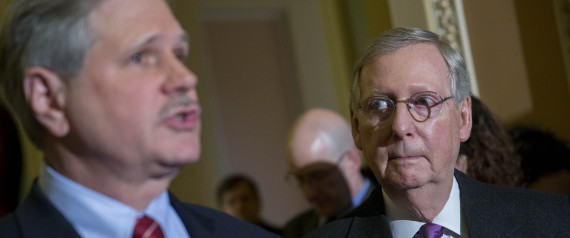By Jane C. Timm
San Francisco has made another step towards greening the city this week, with a recent ordinance to ban the sale of plastic water bottles on city-owned property.
The city’s Board of Supervisors approved the measure unanimously on Tuesday; it will head to the mayor’s desk after one more board approval. The ordinance exempts sporting events and gives food trucks and large nonprofits until 2018 to comply with the new ordinance.
“We all know with climate change, and the importance of combatting climate change, San Francisco has been leading the way to fight for our environment,” ordinance author and Supervisor David Chiu said, according to SFGate. “That’s why I ask you to support this ordinance to reduce and discourage single-use, single-serving plastic water bottles in San Francisco.”
Americans use 50 billion plastic water bottles a year, according to an anti-plastic bottle campaign Ban the Bottle, and just 23% of those are recycled.
Ban violators found selling plastic water bottles 21 oz or below on city grounds after October 2014 would be subject to a fine up to $1000, according to the San Fransisco Examiner.
San Francisco isn’t the first—and likely the last—to enact bans aimed at reducing plastic consumtpion. Many national parks ban the sale of plastic bottles, as does Concord, Massachusetts.
The beverage industry has predictably protested.
The consumer should have a choice on how they drink their water,” American Beverage Association spokeswoman Kate Krebs told the San Francisco Examiner. The bottles “are not being thrown away…They are being recycled.”
Explore:
Green and San Francisco

